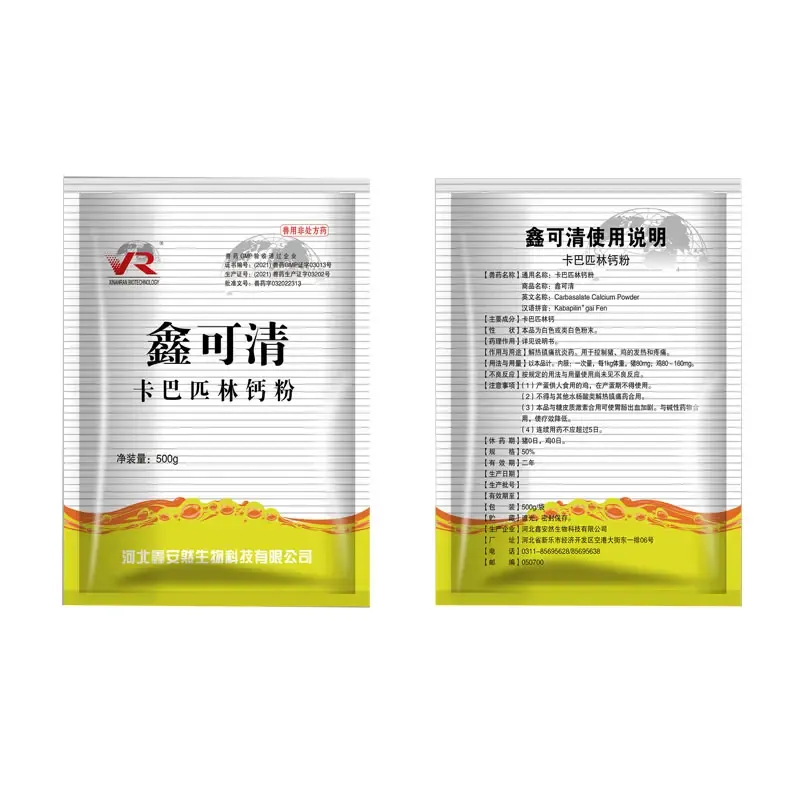- Afrikaans
- Albanian
- Amharic
- Arabic
- Armenian
- Azerbaijani
- Basque
- Belarusian
- Bengali
- Bosnian
- Bulgarian
- Catalan
- Cebuano
- Corsican
- Croatian
- Czech
- Danish
- Dutch
- English
- Esperanto
- Estonian
- Finnish
- French
- Frisian
- Galician
- Georgian
- German
- Greek
- Gujarati
- Haitian Creole
- hausa
- hawaiian
- Hebrew
- Hindi
- Miao
- Hungarian
- Icelandic
- igbo
- Indonesian
- irish
- Italian
- Japanese
- Javanese
- Kannada
- kazakh
- Khmer
- Rwandese
- Korean
- Kurdish
- Kyrgyz
- Lao
- Latin
- Latvian
- Lithuanian
- Luxembourgish
- Macedonian
- Malgashi
- Malay
- Malayalam
- Maltese
- Maori
- Marathi
- Mongolian
- Myanmar
- Nepali
- Norwegian
- Norwegian
- Occitan
- Pashto
- Persian
- Polish
- Portuguese
- Punjabi
- Romanian
- Russian
- Samoan
- Scottish Gaelic
- Serbian
- Sesotho
- Shona
- Sindhi
- Sinhala
- Slovak
- Slovenian
- Somali
- Spanish
- Sundanese
- Swahili
- Swedish
- Tagalog
- Tajik
- Tamil
- Tatar
- Telugu
- Thai
- Turkish
- Turkmen
- Ukrainian
- Urdu
- Uighur
- Uzbek
- Vietnamese
- Welsh
- Bantu
- Yiddish
- Yoruba
- Zulu
វិច្ឆិកា . 29, 2024 12:00 Back to list
Effective Disinfectants for Maintaining Clean and Safe Animal Housing Environments
The Importance of Animal Cage Disinfectants
In any animal care facility, whether it's a veterinary clinic, a pet boarding house, or a research laboratory, maintaining a safe and hygienic environment is crucial. One of the cornerstones of this effort is the effective use of animal cage disinfectants. These specialized cleaning agents are designed to eliminate pathogens, including bacteria, viruses, and fungi, that can pose serious health risks to both animals and humans.
Understanding Animal Cage Disinfectants
Animal cage disinfectants are formulated specifically for use in environments where animals are housed. Unlike household cleaners, which may not be safe or effective for animal care, these disinfectants take into consideration the unique needs and vulnerabilities of various species. They are rigorously tested to ensure they are effective against a wide range of pathogens that can thrive in animal housing environments.
Common types of disinfectants used include quaternary ammonium compounds (quats), chlorine dioxide, hydrogen peroxide, and iodine-based solutions. Each of these has its own strengths and weaknesses, making it essential for facilities to choose the right product based on their specific needs. For example, quats are popular for their effectiveness and low toxicity, while hydrogen peroxide is valued for its ability to break down organic matter and its eco-friendliness.
The Role of Disinfectants in Disease Prevention
Preventing the spread of infectious diseases is one of the primary goals of using animal cage disinfectants. Many zoonotic diseases, which can be transmitted between animals and humans, can thrive in unclean environments. Regular cleaning and disinfecting of cages, enclosures, and equipment can significantly reduce the risk of outbreaks. For instance, disinfectants can effectively eliminate pathogens like Parvovirus in dogs or Bordetella in cats, which can lead to severe illnesses if not managed.
Additionally, in research settings, where laboratory animals are used for testing and experimentation, maintaining sterile conditions is paramount. The use of disinfectants helps to ensure that results are not compromised by external contaminants, thereby upholding the integrity of scientific research.
Best Practices for Disinfection
animal cage disinfectant

To maximize the effectiveness of animal cage disinfectants, it is vital to follow best practices during the cleaning process
. This generally includes the following steps1. Pre-Cleaning Remove all organic material, like food remnants and bedding, from cages. This step is crucial, as organic material can inhibit the effectiveness of disinfectants.
2. Washing Clean the cages thoroughly with soap and water to remove dirt and grime.
3. Application of Disinfectant Apply the disinfectant evenly across all surfaces, following the manufacturer's instructions regarding dilution, contact time, and safety precautions.
4. Rinsing In some cases, it may be necessary to rinse off the disinfectant after a specified contact time, especially if the product is not labeled as no-rinse.
5. Drying Allow the cages to air dry completely before reintroducing animals to their environment. This step helps ensure that any remaining microorganisms are eliminated.
Conclusion
In conclusion, the use of animal cage disinfectants is a vital aspect of maintaining the health and safety of animals in various facilities. By consistently applying effective disinfection strategies, caregivers can protect animals from harmful pathogens, facilitate better living conditions, and contribute to the overall well-being of both animals and humans. Regular training in proper cleaning protocols and choosing the right disinfectants can help ensure that all animal care environments remain safe and hygienic.
-
Guide to Oxytetracycline Injection
NewsMar.27,2025
-
Guide to Colistin Sulphate
NewsMar.27,2025
-
Gentamicin Sulfate: Uses, Price, And Key Information
NewsMar.27,2025
-
Enrofloxacin Injection: Uses, Price, And Supplier Information
NewsMar.27,2025
-
Dexamethasone Sodium Phosphate Injection: Uses, Price, And Key Information
NewsMar.27,2025
-
Albendazole Tablet: Uses, Dosage, Cost, And Key Information
NewsMar.27,2025













